US Congressman calls for “progressive outrage” over Biden’s failure to revive INF Treaty
A senior US Congressman has called for “progressive outrage” over the Pentagon decision to continue the Trump administration’s policy of reversing the historic Cold War-era missile treaty with Russia.
Ro Khanna, who represents California's 17th District, the heart of the Silicon Valley, in the US Congress, slammed the US decision to “build offensive land base missiles to encircle China”.
The 1987 Intermediate-Range Nuclear Forces (INF) Treaty between the US and Russia restricted the abilities of the two countries to cultivate short-range and immediate-range ballistic missiles.
According to the terms of the accord signed by Soviet leader Mikhail Gorbachev and the US President Ronald Reagan, Washington and Moscow were barred from launching cruise missiles that could fly between 310 and 3,400 miles.
However, in August 2019, the former US President Donald Trump announced his country’s exit from the historic bilateral agreement, like many other international treaties.
Trump’s successor and Democrat, Joe Biden, then pledged to reverse some of the controversial decisions taken by his predecessor, but the stance on the INF Treaty has remained unchanged.
In a tweet on Friday, Khanna, the Indian-American lawmaker who was the national co-chair of Bernie Sanders’ campaign for president last year, said it undermines arms control, non-proliferation, and increases the chance of war.
There should be progressive outrage over the Pentagon decision to continue Trump policy reversing the historic Gorbachev Reagan INF treaty & build offensive land base missiles to encircle China. This is undermining arms control, non proliferation, and increasing the chance of war
— Ro Khanna (@RoKhanna) June 11, 2021
Biden administration has faced scathing criticism for continuing the Trump administration’s policy decisions, especially on the massive $1.7 trillion plan to upgrade the country’s nuclear arsenal.
The US government budget released last week shows continuity of the Trump era nuclear weapons buildup, including funding for the first strike “money pit” ICBM replacement missiles, battlefield weapons to be deployed in Europe, and so-called missile defenses to the Asia-Pacific.
In an article posted on Vadai Club, Russian analyst Alexander Yermakov said “only the hopelessly naive could expect Biden to make an effort to re-sign the INF Treaty”.
“The American military-industrial complex is already unequivocally counting on new non-nuclear missile systems which will operate in the previously prohibited range,” he wrote.
US-Russia ties
The relations between the two former super-powers have always been marked by antagonism and hostility, however, in recent years they have adopted a confrontational approach in their policies.
The allegations of Russian interference in the 2016 and 2020 US presidential elections as well as the Ukrainian conflict have put them on a collision course.
In a television interview in March, Biden said he believed Putin was a “killer” and that the Russian president would have to “pay a price” for interference in the 2020 US presidential election.
Russia has repeatedly denied the accusations of interference in US elections.
Russia’s top diplomat Sergey Lavrov recently termed bilateral relations between Moscow and Washington as “worse than during the Cold War”, which he attributed to “lack of mutual respect.”
Sergey expressed Moscow’s readiness to normalize ties with Washington but said the US needs to stop acting like a “sovereign” while rallying its allies against Russia and China.
Venezuelan military stands with acting president after US kidnapping of Maduro
VIDEO | Press TV's news headlines
VIDEO | Protesters in Toronto slam US kidnapping of Venezuelan president
Israeli troops detain, intimidate Palestinian toddler in West Bank
Iran says its investments in Venezuela face no major risk
Make ‘right decision’ or face more US pressure, Rubio tells Venezuela’s Rodriguez
VIDEO | General Soleimani honored in Kashmir, Kargil
US, Israel waging ‘soft warfare’ to destabilize Iran after June defeat: Top general


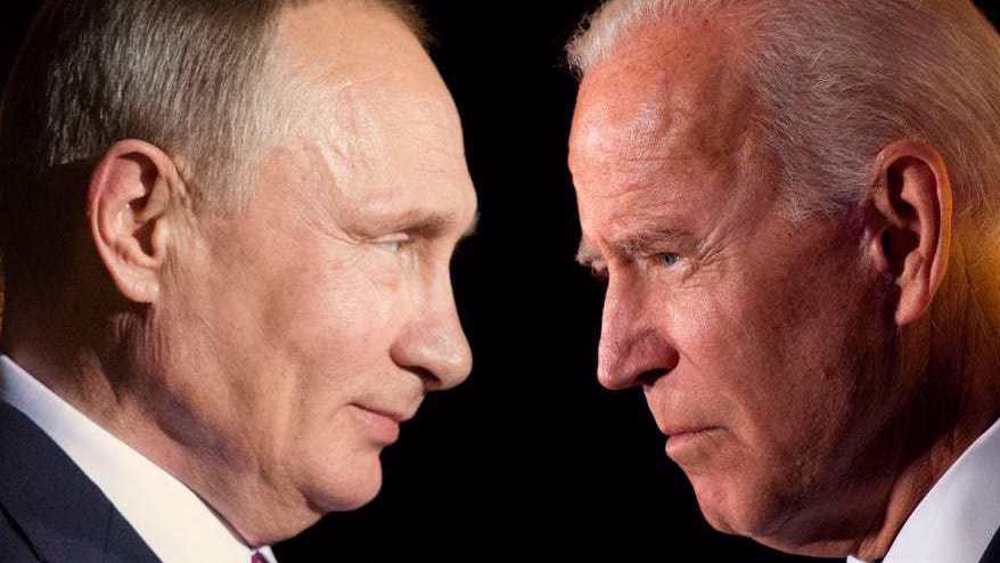



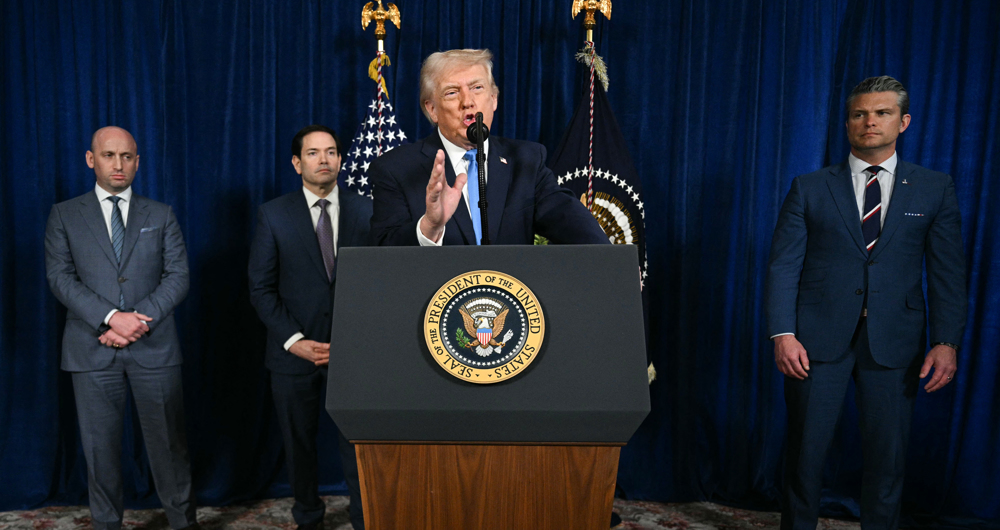
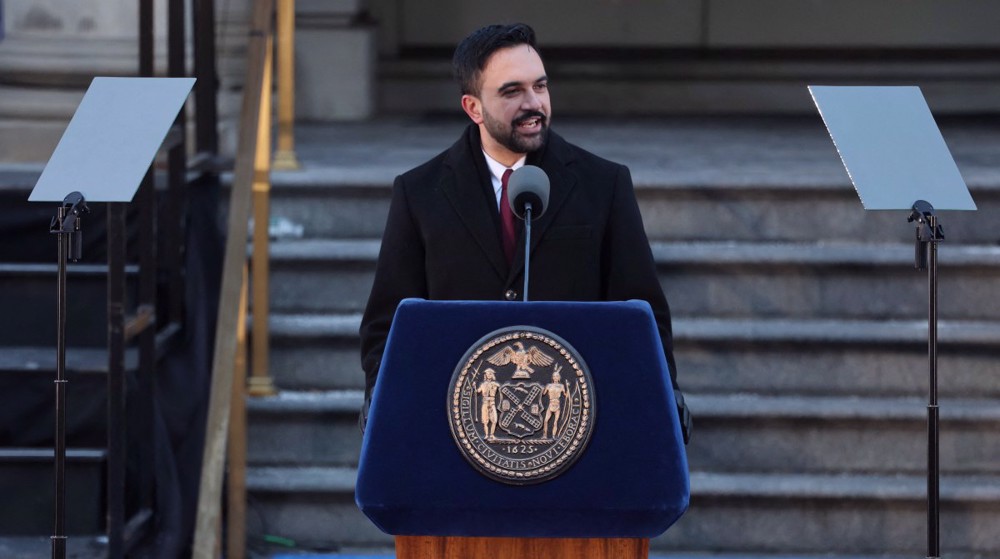



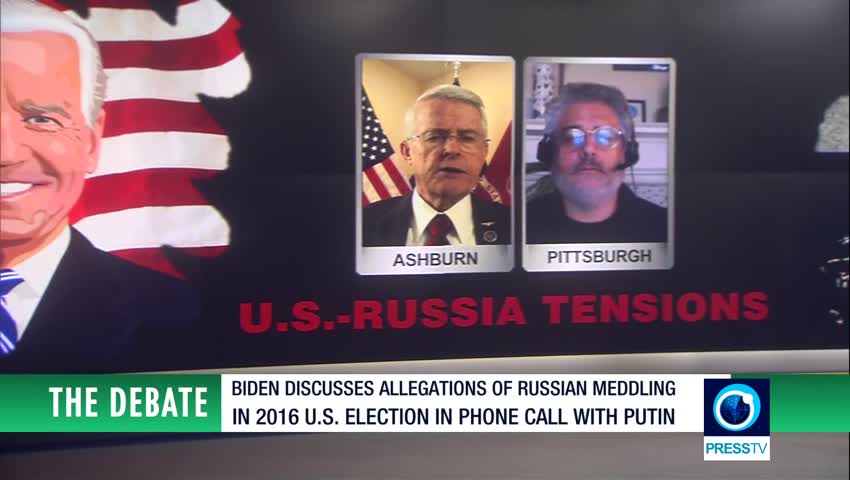
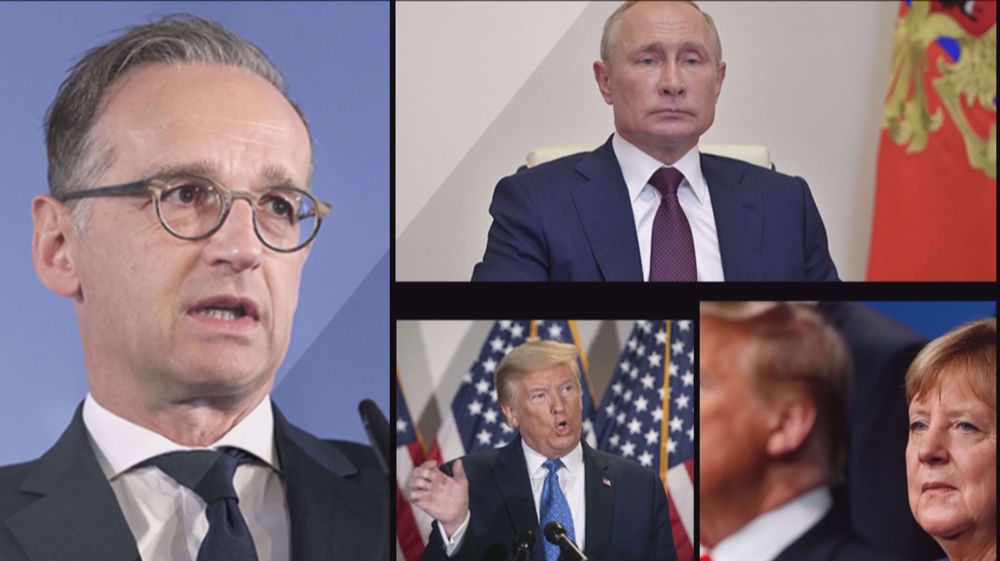




 This makes it easy to access the Press TV website
This makes it easy to access the Press TV website